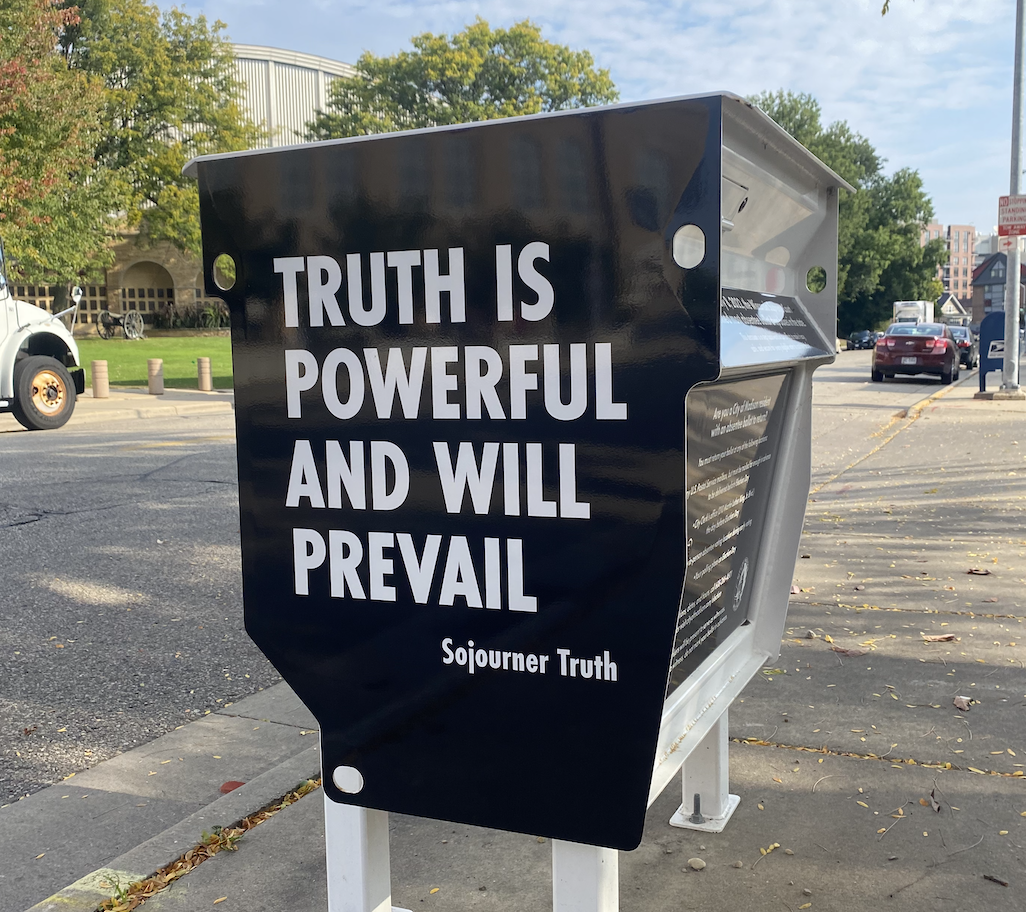Economist Murray Rothbard once said, “It is no crime to be ignorant of economics, which is, after all, a specialized discipline and one that most people consider to be a ‘dismal science.’ But it is totally irresponsible to have a loud and vociferous opinion on economic subjects while remaining in this state of ignorance.” While Rothbard certainly didn’t know anything about our Student Services Finance Committee, his insight is certainly applicable. Especially that part about it being a specialized subject most people consider to be dismal. [Full disclosure: Patrick McEwen is the president of the Wisconsin Student Lobby, designated a General Student Services Fund recipient by SSFC, though this piece is an expression of his opinion and not necessarily that of WSL — Ed.]
Before I continue, I want to clarify I’m not trying to deter you from having opinions about SSFC. I’m merely suggesting you learn something about it before you develop those opinions. And in light of recent eligibility decisions, I know there are a number of you out there who already have decided what you want your opinions to be.
For starters, funding eligibility decisions are made using a very strict set of 19 criteria. These criteria range from the simple (being a registered student organization) to the more intricate (five criteria which define what kinds of direct services groups must provide to be eligible). If a group fails to meet any one of these criteria, it isn’t eligible. There are no exceptions. No matter how valuable members of SSFC feel the group’s service might be, they cannot vote for it. This practice is not only enshrined in the SSFC bylaws, but is also governed by federal case law. The Supreme Court decision in Board of Regents of the University of Wisconsin System v. Scott Southworth dictated all SSFC funding decisions must be viewpoint neutral. Among the many implications of this ruling is that subjective evaluation of a group’s services cannot be taken into consideration when making an eligibility decision. Only those 19 criteria can matter.
Another important aspect of the SSFC funding process involves the non-negotiability of the definition of what constitutes a “direct service.” Just because you think something is a service to students doesn’t automatically mean that particular service fits SSFC criteria. Among other restrictions, the service must be tailorable to the needs of recipients, available on request regardless of students’ membership in the group and available throughout the course of the year.
To be an eligible group, not only must the group provide a service that meets all of these criteria, but that service must also constitute a simple majority of the group’s focus, defined as the proverbial “50 percent plus one.” That is the problem the Campus Women’s Center and Wunk Sheek ran into last week when they were denied funding. They failed to meet the eligibility standards because their groups didn’t prove to have spent a majority of their focus on providing direct services.
The definition of “direct service” not only defines what one is, but also what one is not. Direct services are not individual events, a series of events, publications or leadership development opportunities. Even if members of SSFC believed a group’s individual events were the most important events ever to take place on this campus, they would still be prohibited from voting to fund the group if SSFC criteria were not met.
There are other ways groups can run into trouble (for example, if they fail to submit various paperwork on time or violate any number of the other SSFC policies governing the ways in which groups can spend their segregated fees). Late paperwork is in fact one reason why Collegians for a Constructive Tomorrow ran afoul of SSFC last year on their way to losing their eligibility.
If there is one thing these various losses of funding eligibility over the past year can teach us, it’s that not only is SSFC mandated by federal law to be viewpoint-neutral when considering eligibility — they have followed through on that mandate. Whether you are conservative environmentalists, womens’ rights activists, advocates for underrepresented cultures or exponents of alcohol education for students, the same disinterested funding criteria will be applied.
Patrick McEwen ([email protected]) is a junior majoring in nuclear engineering.







